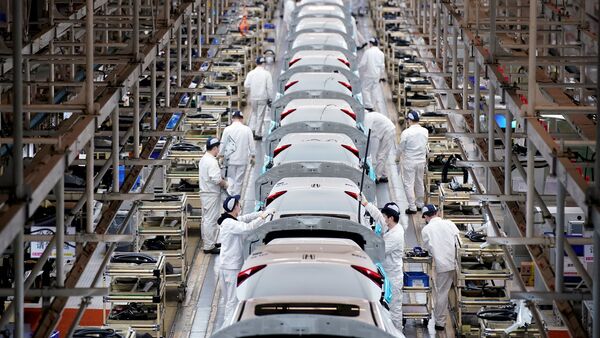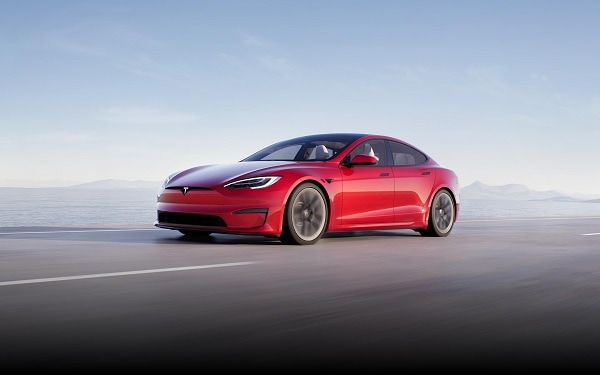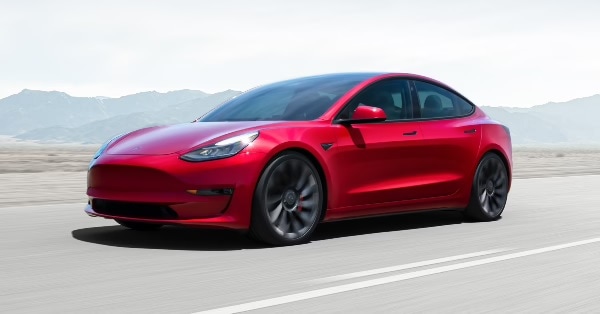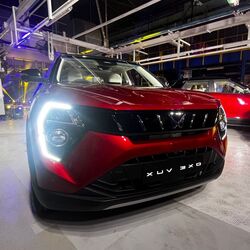From sneakers to Teslas, China lockdowns upend global supply chains


The economic consequences from China’s Covid-19 lockdowns are starting to be felt by companies and consumers across the globe, and expectations are that the reverberations will only get stronger.
Supplies of Adidas sneakers and Bang & Olufsen speakers have been hit. Automakers from Toyota to Tesla are facing “unprecedented" costs and production hurdles. Sony is struggling to make enough PlayStations.
Also check these Cars
While “supply-chain disruption" is emerging once more as the most repeated phrase of corporate earnings season, the impact goes beyond multinationals’ profits. Hospitals from the US to Australia are wrestling with a shortage of chemicals used in X-rays, while real-estate projects are held up by delayed materials.
Jake Phipps, whose US firm supplies luxury bathroom fixtures and kitchen countertops to skyscraper projects, is seeing months of delays for the shipment of faucets from Shanghai. “All the construction projects here are backed up waiting on raw materials," he said. “The supply chain has been a mess already, and this is making it worse."
Beijing’s zero-tolerance approach to Covid has idled factories and warehouses, slowed truck deliveries and worsened container logjams. As the country accounts for about 12% of global trade, it was only a matter of time before the upheaval began to trickle across economies, threatening to further stoke rising inflation.
Global Supply Chain Crisis Flares Up Again Where It All Began
While the impact so far doesn’t appear severe, this is likely only the beginning. The full significance of China’s Covid restrictions has yet to be seen as lockdowns continue in Shanghai and other cities shut to contain smaller outbreaks, adding to supply-chain congestion that’s already reeling from the war in Ukraine.
“Once Shanghai opens up again and everything is back into rotation, and you see all the vessels heading towards the US, that can pose additional challenges with additional congestion," said Jonathan Gold, vice president of supply chain and customs policy for the National Retail Federation in Washington.
Here’s how the situation in China is intensifying global supply-chain chaos:
A slew of carmakers from Volkswagen AG to Toyota Motor Corp. have started to resume production at factories in Shanghai and the industrial province of Jilin, though logistics issues continue.
Tesla Inc.’s plant in Shanghai has been plagued by disruptions, closing down for three weeks last month. It started up again in late April under a so-called closed loop system in which workers live on site and are tested regularly. But with Shanghai largely remaining in lockdown, there are still challenges for the delivery of supplies and materials.
The factory, which typically shipped around 60,000 cars a month, delivered only 1,512 vehicles out of Shanghai last month.
Toyota, meanwhile, is wrestling with an “unprecedented" rise in costs for logistics and raw materials, causing it to forecast a 20% decline in operating profit for the current fiscal year.
Carmakers on the other side of the world are also struggling to keep up with production as parts produced in China don't arrive. In Brazil, semiconductor shortages led factories to reduce output by at least 100,000 vehicles so far this year, according to the National Association of Automotive Vehicle Manufacturers.
In March, IHS Markit downgraded its forecast for global auto production in 2022 to factor in the impact from Russia’s invasion of Ukraine, then lowered it further last month in response to the fallout from lockdowns in China, along with other mounting risks.








 75 kWh
75 kWh 396 km
396 km



















